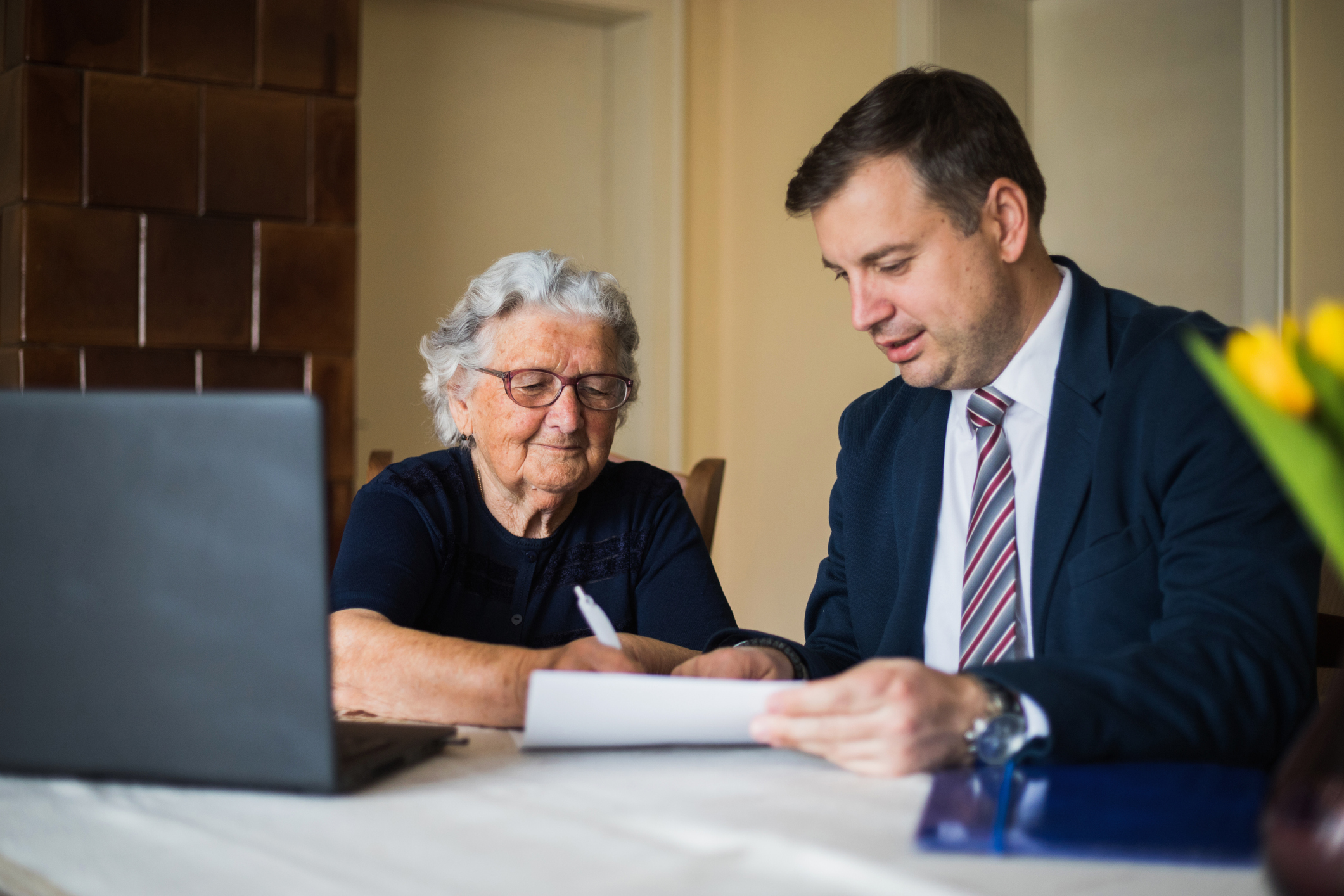
Interviewing Older Adults
- Before beginning your interview, get in the right mind frame. Take a moment to clear your mind of stereotypes, good and bad, about older adults.
- Like victims of other domestic violence, treat older victims of abuse with respect. Conduct their interviews with the gravity their situations deserve.
- Know that people with memory problems can tell you what happened—especially if an event made an emotional impact.
- Believe their story unless you have specific evidence to the contrary.
- DO ask open-ended questions
- DO speak slowly, using short sentences
- DO ask about only one thing at a time
- DO speak at eye level (authority can be intimidating to persons who feel vulnerable)
- DO be patient – give them time to answer
- DON’T correct them
- DO believe someone if they say they’ve been abused
- Choose an interview location that’s comfortable for the older adult.
For example: senior center, doctor’s office, coffee shop - Ask the client and/or caregiver for timing tips to ensure the older adult is alert for your interview.
For example: Is morning better than afternoon? Does a medication cause drowsiness or confusion after taking it? - Be aware of any barriers there might be for effective communication.
For example: Does the older adult have their glasses/hearing aid/dentures on and working? Is the interview private, and away from the suspect’s hearing range?
- Choose an interview location that’s comfortable for the older adult.
-
Be prepared to offer social support in the form of connections to:
- other caregivers
- an alternative living option
- safety (patrol check-ins and follow-up)
Identify and prepare to refer to your local elder resources. Know if your precinct has an older adult safety program and how to activate it for the alleged victim.
-

